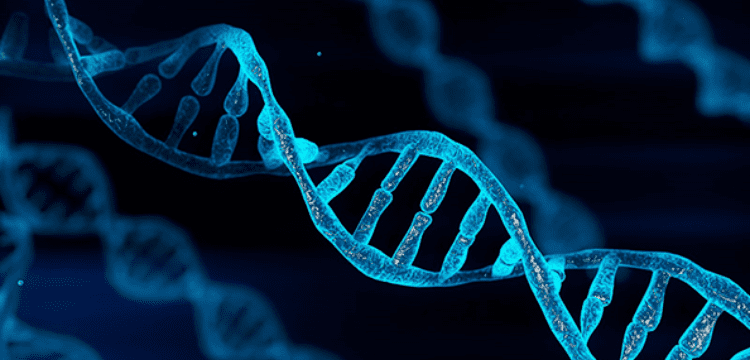[vc_row][vc_column][vc_column_text dp_text_size=”size-4″]For the first time, the NHS is now offering whole genome sequencing (WGS) to healthy infants as part of a program. According to the BBC, the full DNA of 100,000 infants will be sequenced, allowing for the detection and treatment of rare hereditary diseases. Hundreds of English families should not have to endure months or years of agony as they wait to find out what is causing their children’s ailments, thanks to this.
In the NHS, whole genome sequencing (WGS) is now being made available to healthy infants for the first time as part of a scheme that will check for about 200 curable diseases.[/vc_column_text][/vc_column][/vc_row][vc_row][vc_column][rs_space lg_device=”30″ md_device=”” sm_device=”” xs_device=””][vc_column_text dp_text_size=”size-4″]The greatest study of its kind ever carried out is thought to be the Newborn Genomes Program, which would begin operations the following year. If it is a success, the whole country might adopt it.
At least 7,000 single-gene diseases have been identified, the majority of which manifest in infancy.Every year, thousands of children in the UK are affected by rare genetic disorders, but because symptoms often develop gradually, it can take years of testing and uncertainty for families to acquire a diagnosis. It’s possible that irreparable damage has already been done by the time a diagnosis is confirmed.
Owen, 9, has a highly unique genetic condition that has an impact on his growth and development. One of the disorders addressed by the new genetic test is the syndrome known as THRA-related congenital hypothyroidism.[/vc_column_text][rs_space lg_device=”30″ md_device=”” sm_device=”” xs_device=””][vc_column_text dp_text_size=”size-4″]Sarah and Rob Everitt, who live in West Yorkshire, first noticed anything was wrong with Owen around the time of his first birthday since he wasn’t crawling or sitting up. Doctors routinely dismissed their concerns, though, and Owen didn’t receive a diagnosis until he was four and a half years old.
For the BBC, Rob said: “I recall all the time we wasted waiting in hospital waiting rooms, getting shuffled between departments, and undergoing numerous pointless tests, some of which were pretty invasive. I can’t even remember how many specialists and consultants we saw; let alone how many tests they ran on him.”
The publication claims that Owen’s illness was ultimately identified through the sequencing of his entire DNA. The gene problem, which is caused by a spontaneous mutation in his DNA rather than being inherited, only affects 30 people in the globe and six in the UK.[/vc_column_text][vc_column_text dp_text_size=”size-4″]Because we knew there was a therapeutic road, we knew we could get him therapy, and we knew he could attend a mainstream school, Sarah says getting the diagnosis altered her life.
According to Sarah, Owen’s life has been “He used to simply fall asleep in the middle of the day because he lacked the energy to move around or communicate, but daily medication has revolutionized that. I can’t keep up with him right now because he is so energetic!”
Sarah adds she would highly advise parents of infants to take the option of whole genome sequencing when the initiative begins the following year.[/vc_column_text][/vc_column][/vc_row]











